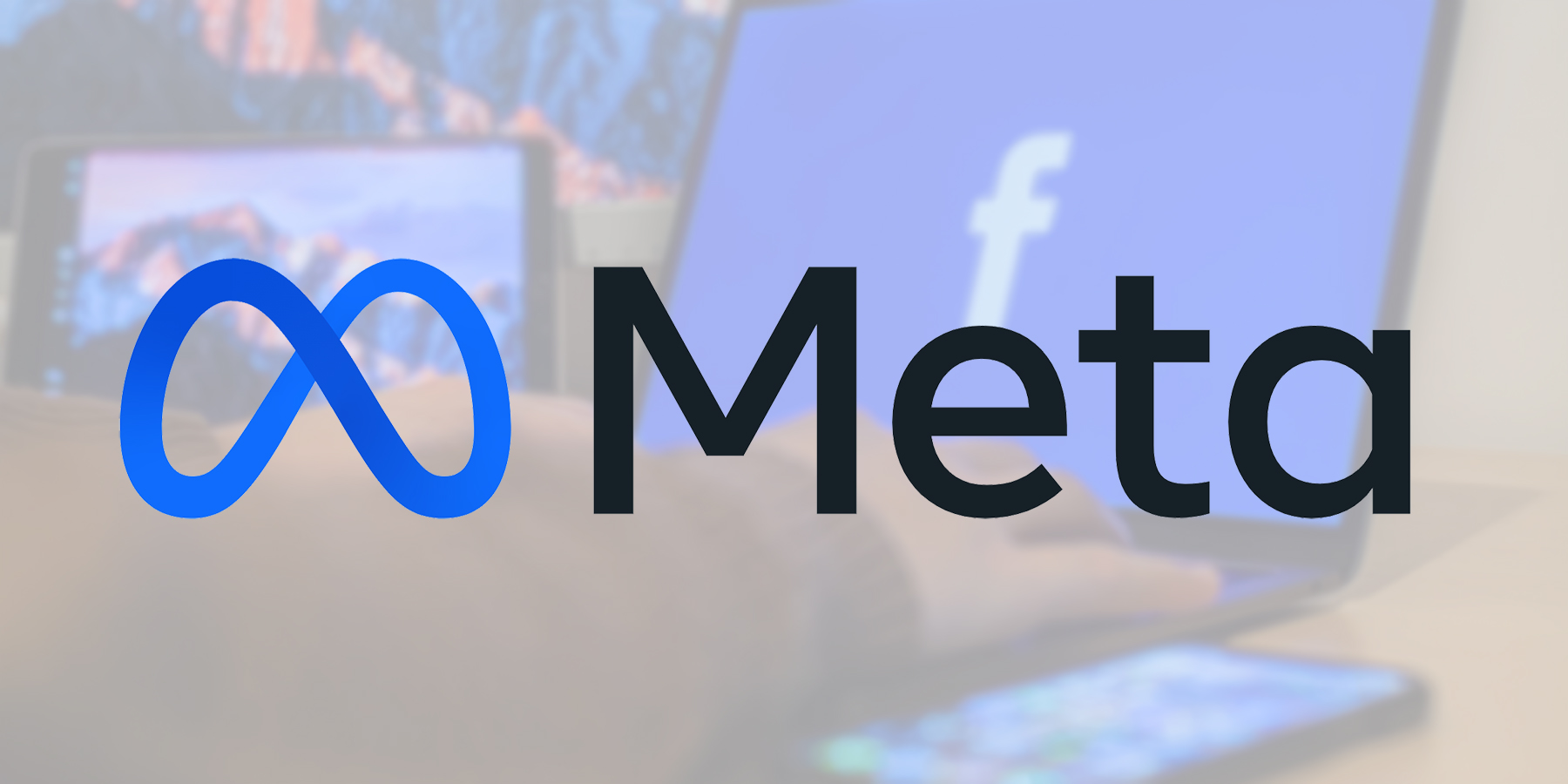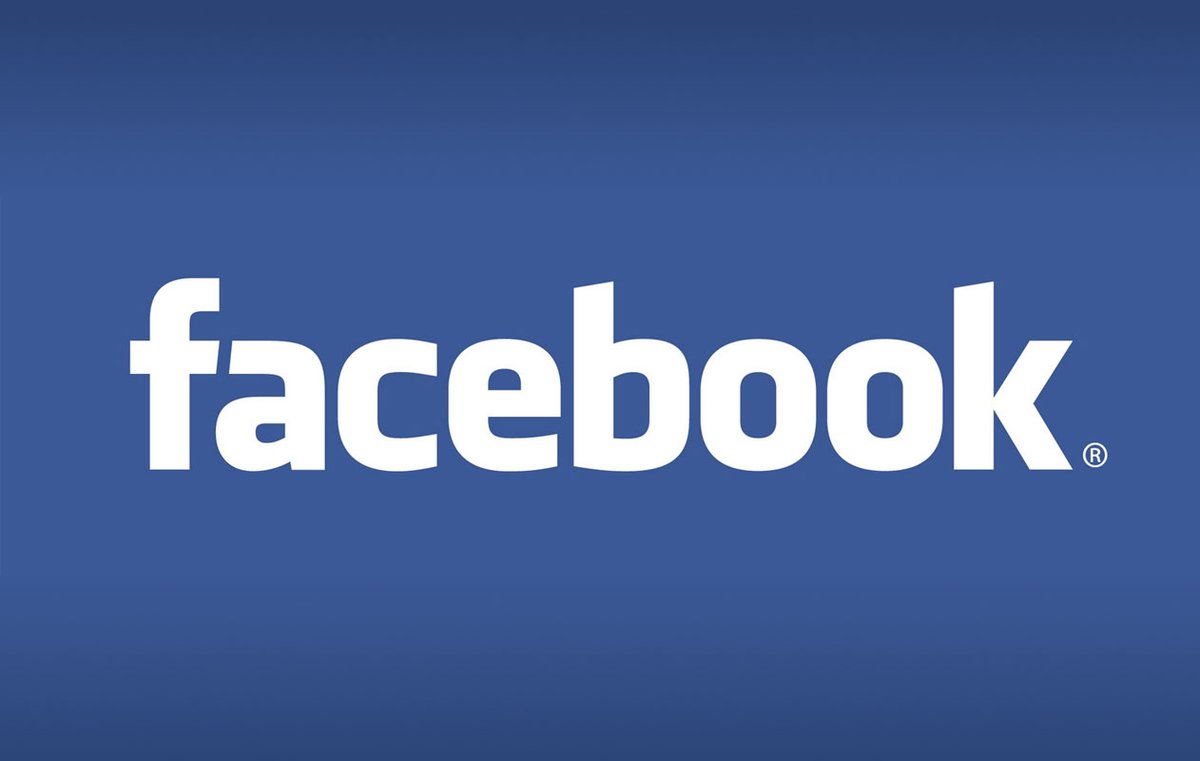Meta Platforms’ Price Target Lowered at RBC Capital

Analysts at RBC Capital lowered their price target on Meta Platforms, Inc. (NASDAQ:FB) to $400 from $415 as they believe the upside to 1Q22 estimates looks less likely, though full-year estimates look reasonable.
On the positive side, the company is winning the Apple signal loss battle vs. other socials, while on the negative side it may be more exposed to Tiktok risk than investors may realize.
The brokerage mentioned that a rising number of conversations indicated that with Tiktok content being geared around topical interests or activities (vs. SNAP’s messaging & personal sharing centric content), Tiktok's appeal is rising for SMBs in particular given smaller advertisers desire to target for their products & services that could be at least partially correlated or directly related to that user-generated, subject-specific content. The analysts believe this rising appeal has put Tiktok in the same consideration bucket as FB (Instagram) vs. conventional wisdom SNAP.
| Symbol | Price | %chg |
|---|---|---|
| SRTG.JK | 1745 | -1.15 |
| 138040.KS | 111800 | 0.36 |
| 088980.KS | 11440 | -0.35 |
| BPII.JK | 545 | -0.92 |

Meta Platforms’ Price Target Lowered at Oppenheimer
Analysts at Oppenheimer cut their estimates and lowered their price target on Meta Platforms, Inc. (NASDAQ:FB) to $305 from $375, while reiterating their Outperform rating.
This move reflects impacts from Russia (no longer accepting ads from Russian advertisers, which represented 1.5% of 2021 ad revenue), and a weaker European economy.
The analysts lowered their Q1 revenue estimate 4% to the low end of guidance, with core EBITDA 6% lower. 2022/2023 revenues were decreased by 9% each and core EBITDA by 13%/10%.

Meta Platforms’ Price Target Lowered at Oppenheimer
Analysts at Oppenheimer cut their estimates and lowered their price target on Meta Platforms, Inc. (NASDAQ:FB) to $305 from $375, while reiterating their Outperform rating.
This move reflects impacts from Russia (no longer accepting ads from Russian advertisers, which represented 1.5% of 2021 ad revenue), and a weaker European economy.
The analysts lowered their Q1 revenue estimate 4% to the low end of guidance, with core EBITDA 6% lower. 2022/2023 revenues were decreased by 9% each and core EBITDA by 13%/10%.

Meta Platforms Shares Plunged 26% on Q4 Miss
Meta Platforms, Inc. (NASDAQ:FB) reported its Q4 results, with EPS of $3.67 coming in worse than the consensus estimate of $3.84. Revenue was $33.67 billion, slightly above the consensus estimate of $33.4 billion. Shares dropped 26% today afternoon.
Facebook’s Daily Active Users (DAUs) was 1.93 billion, compared to the Street estimate of 1.95 billion, while Monthly Active Users (MAUs) came in at 2.91 billion, compared to the Street estimate of 2.95 billion. Impressions rose 13% year-over-year, outpacing 6% year-over-year growth in pricing, with Reels acting as the largest contributor to engagement growth/monetization drag.
Analysts at Oppenheimer lowered their price target on the company’s shares to $375 from $405 following the disappointing results, highlighting the fact that the IDFA workaround (IDFA still hurting demand/monetization, with $10 billion expected iOS impact in 2022 or 8% drag) is taking longer than expected, combined with a strategic push of engagement to Reels —to combat TikTok—albeit at lower monetization and FX headwinds.

Meta Platforms Shares Plunged 26% on Q4 Miss
Meta Platforms, Inc. (NASDAQ:FB) reported its Q4 results, with EPS of $3.67 coming in worse than the consensus estimate of $3.84. Revenue was $33.67 billion, slightly above the consensus estimate of $33.4 billion. Shares dropped 26% today afternoon.
Facebook’s Daily Active Users (DAUs) was 1.93 billion, compared to the Street estimate of 1.95 billion, while Monthly Active Users (MAUs) came in at 2.91 billion, compared to the Street estimate of 2.95 billion. Impressions rose 13% year-over-year, outpacing 6% year-over-year growth in pricing, with Reels acting as the largest contributor to engagement growth/monetization drag.
Analysts at Oppenheimer lowered their price target on the company’s shares to $375 from $405 following the disappointing results, highlighting the fact that the IDFA workaround (IDFA still hurting demand/monetization, with $10 billion expected iOS impact in 2022 or 8% drag) is taking longer than expected, combined with a strategic push of engagement to Reels —to combat TikTok—albeit at lower monetization and FX headwinds.

Facebook Shares Down 4% Following Q3 Miss
Facebook, Inc. (NASDAQ:FB) shares closed almost 4% lower on Tuesday, following the company’s reported modest miss for Q3, with revenue and EBITDA of $29.0 billion and $14.8 billion (vs. Street’s $29.5 billion and $15.4 billion). While the company’s Q4 outlook was also light of sell-side estimates, the combination of more limited effects from Apple privacy changes (ATT/IDFA), new expense disclosure and increased stock buyback made for a better-than-feared outcome.
According to analysts at RBC Capital, IDFA & supply chain related pressures are modestly holding back Q4 ad growth but the range of outcomes speaks to the company’s competitive differentiation, where the analysts believe the stock’s attractive valuation reflects well-discounted impression and CPM concerns, metaverse investments and regulatory concerns.

Takeaways from Facebook’s Expert Call
Analysts at Oppenheimer hosted a call with industry consulting to discuss Facebook, Inc. (NASDAQ:FB) plans to discuss the measurement, conversion, and headwinds related to ROI caused by Apple's changes in IDFA privacy.
Analysts are seeing a 20% reduction in iOS conversion reporting, which is higher than the company's announced 15% underreporting. Also, Facebook's decision to reduce click-through attribution windows from 28 to 7 days has also affected the reduction in conversion reporting for companies selling products with longer average-lead times.
In spite of lower reported conversion and ROAS, clients have not decreased their spending on Facebook, but rather have adjusted their expectation on the return, as the company remains a principal for performance marketing campaigns.







